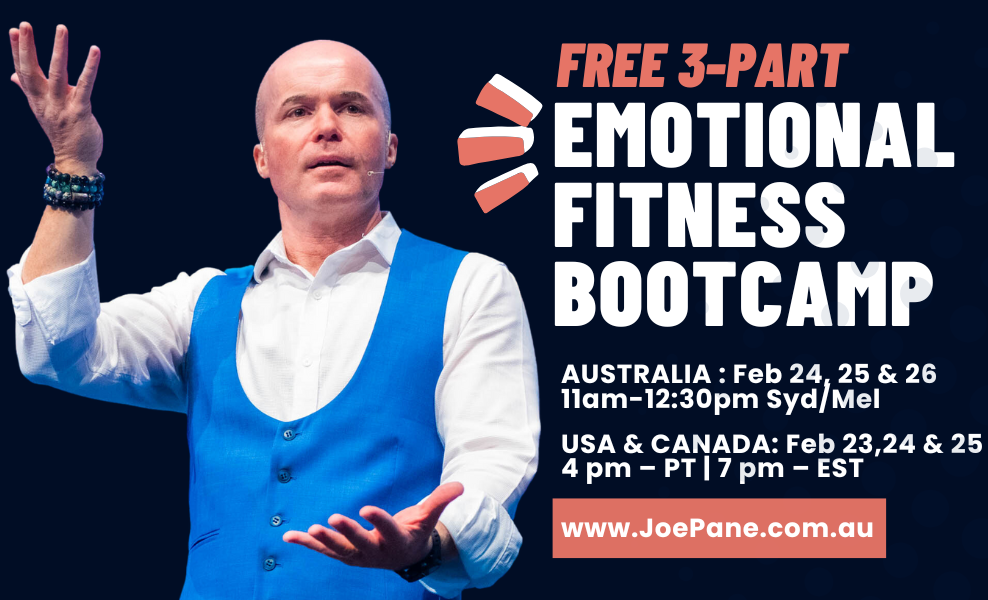Change Your Language Change Your Life.

Often people use words as linguistic sledgehammers describing situational thumb tacts. One of the most powerful abilities we have is literally on the tip of our tongue. The power of language should not ever be underrated. By power I’m not talking from a grammatical or linguistic skill perspective, but from our ability to accurately depict, describe and language our experience.
In other words, so many people use inappropriately pounded words to describe their experience. For example, after watching my 10 year sons have their last swimming lesson for the school term, they appeared lethargic and devoid of their usual spark, perk and spunk. My mother in law watched, and afterwards at dinner she mentioned to our boys how that was a ‘disastrous ’ lesson. My wife immediately intervened by commenting, that it was far from disastrous, ‘they just seemed to have less energy today’.
Now compare the potential impact of this language on the very easily influenced mind of a 10 year old. Even for us adults how does the word disastrous feel? A little extreme? Would you say over the top considering the context? Is it a linguistic sledge hammer for a thumb tact of a situation?
Every word carries with it an energy, a feeling, a vibe, a heaviness or a lightness. Compare having a disastrous swimming lesson to ‘just seem to have less energy today.’ The word ‘just’ minimises the experience to good effect. It seems to presuppose, this happens from time to time, let go and move on. Compare that to ‘disastrous’, which on the other hand amplifies and is riddled in energetical exclamation marks! It has a heavier energy.
I had a friend once who called and complained of the short fences separating them from their 3 neighbours, at the rear and both sides. His choice of language to describe this was ‘horrendous’ and ‘nightmare!’ Wow. Where do you go from there when a true tragedy strikes like losing someone you love? These words have an incredibly heavy energy. Compare this to describing the low fence situation as inconvenient, bothersome or awkward, we can feel differently about the situation by just changing our word choice!
The most misused word in the English language, is the word ‘hard.’ Like all words the word ‘hard’, has its place. A single parent’s life can be hard. Running a marathon is hard. Depression is hard. In these three contexts the word hard is accurate.
As I say to the thousands of coaches I have had the amazing good fortune to train, learning how to help someone is a new skill. Like any new skill. It’s not hard, it’s unfamiliar. Suddenly by changing just one word, we change our experience of our approach.
We leave behind the dead end, one -way street, heavy energy of the word hard and trade it in for the open road highway and lighter energy which comes with the word unfamiliar.
By becoming aware of the words we choose to describe our experiences, overtime, this can change the trajectory of our future. As our future is determined by the quality of our perspective, which in turn affects our perceptions. Our perceptions rely upon our language in order to create what something means, and the quality of what we make something mean, directly impacts the quality of our experiences.
What if next time you embark on learning a new skill you approach it as it really is….unfamiliar. Then one day it will become familiar😊
Stay connected with news and updates!
Join our mailing list to receive the latest news, VIP invites to events and updates from our team.
Don't worry, your information will not be shared.
We hate SPAM. We will never sell your information, for any reason.



